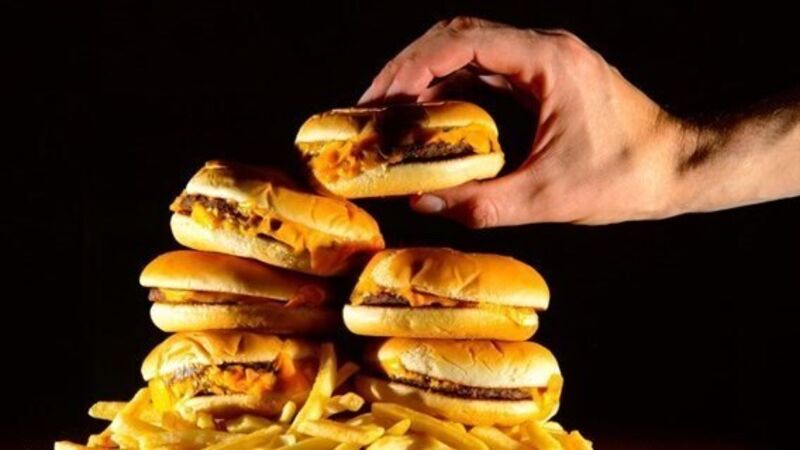EU may act to ban heart-disease risk trans fats

Eating even quite small amounts of trans fats can increase the risk of dying from heart disease by as much as a third — more than any other nutrient.
Trans fats come from two sources — industrially produced as oils, and naturally from the fat in the meat and dairy products of animals, including beef and sheep. It is not known if the industrial fats are more harmful than the animal fats.













